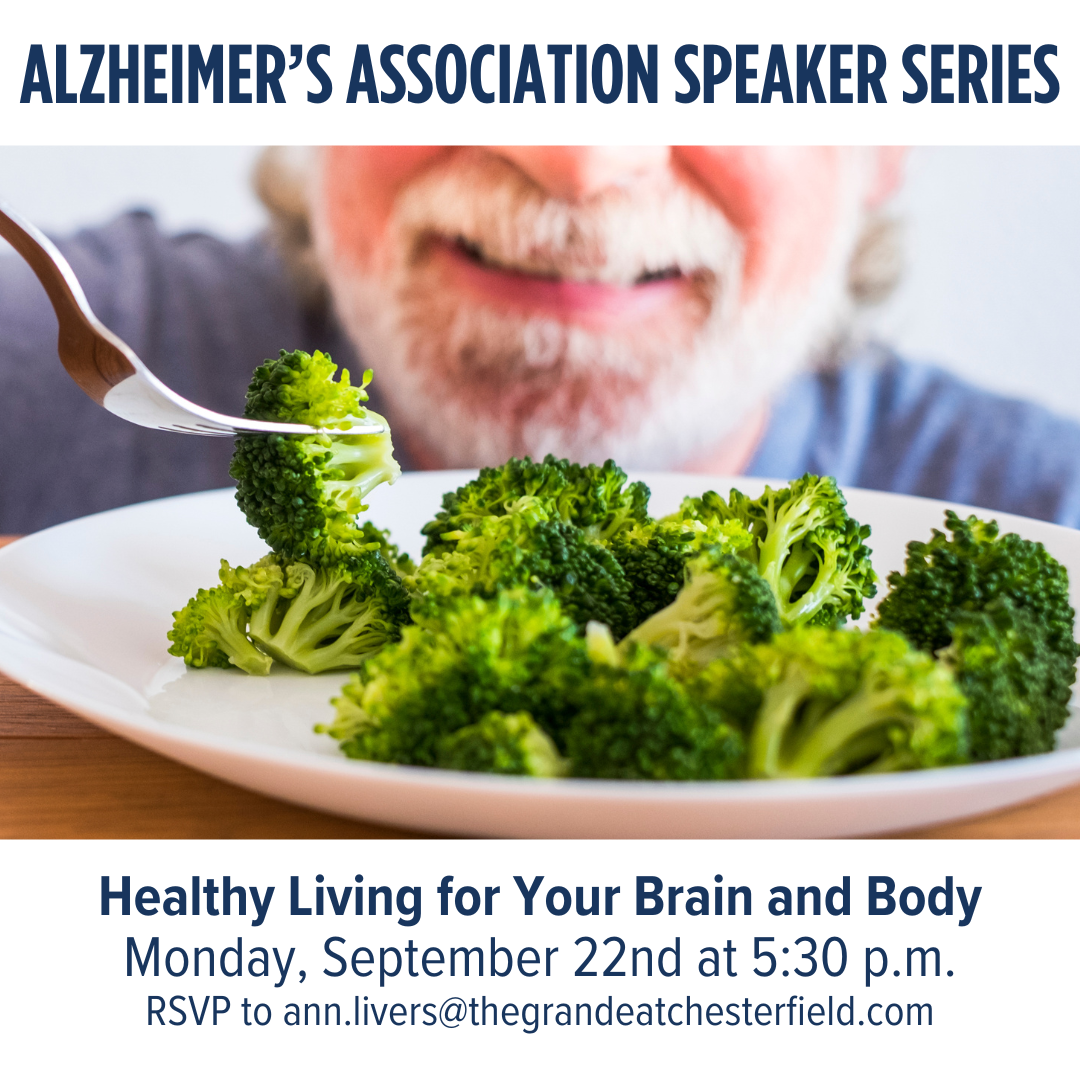Memory loss can happen to everyone—forgetting where you placed your keys or struggling to recall a name during a conversation is often just a part of normal aging. However, it’s essential to recognize the distinction between typical memory changes and the early signs of dementia.
Normal aging may involve occasional forgetfulness, such as misplacing items or taking a bit longer to recall names. Dementia, on the other hand, often significantly impacts daily functioning, including forgetting how to complete familiar tasks or struggling with time and place. Understanding these differences allows you to take appropriate action and seek memory care when needed, and provides peace of mind when changes are simply part of life’s natural progression.
What Does Normal Memory Aging Look Like?
As we grow older, it’s normal for our brains to experience mild changes that can affect memory and thinking. These changes are generally manageable and don’t interfere with independence or daily life. Life with mild memory loss includes:
- Brief Memory Lapses: Walking into a room and forgetting why is a common occurrence.
- Memory Triggered by Cues: Forgotten details are often recalled with the aid of prompts or reminders.
- Ability to Stay Independent: Learning new skills and maintaining independence remain achievable.
While age-related cognitive changes are a natural part of life, they tend to be mild and manageable. Staying mentally active and seeking support when needed can help maintain mental health.
What Is Dementia?
Dementia isn’t a single disease, but rather a term describing a group of symptoms that severely affect memory, thinking, and social abilities, interfering with daily functioning. Alzheimer’s disease is the most common type, but other forms include vascular dementia, Lewy body dementia, and frontotemporal dementia.
Key Characteristics of Dementia
Dementia is a condition that causes a decline in cognitive abilities, exceeding what is typically expected with normal aging. It affects many aspects of brain function and can have a significant impact on daily life over time, including:
- Memory and Cognitive Impact: Dementia affects memory, language, problem-solving, and the ability to complete familiar tasks.
- Loss of Independence: Dementia can eventually make independent living challenging.
- Individual Progression: Progression varies by individual but often leads to increasing difficulty with cognitive and daily activities.
While dementia affects individuals differently, understanding its progression can help in planning for care and support to maintain quality of life as long as possible.
Signs Memory Issues Might Be Dementia
Recognizing potential warning signs can help you see the differences between normal aging and something more serious. These symptoms often develop gradually and may initially appear to be typical forgetfulness.
Persistent Memory Loss
Memory loss that disrupts daily life goes beyond normal aging. This includes forgetting recently learned information, important dates, or repeatedly asking for the same information. Unlike typical age-related forgetfulness, these memory issues don’t improve with reminders or cues.
Difficulty Performing Familiar Tasks
People with dementia may struggle with tasks they’ve done countless times before, such as preparing a favorite recipe, managing finances, or operating familiar household appliances. These difficulties persist and worsen over time.
Language Problems
Communication challenges can manifest as difficulty finding the right words, following conversations, or understanding written instructions. Someone might stop mid-conversation, unable to continue, or use unusual words for familiar objects.
Disorientation
Becoming confused about time, place, or circumstances is another potential warning sign. This might include getting lost in familiar locations, forgetting how they arrived somewhere, or losing track of dates and seasons.
Mood & Personality Changes
Dementia can cause significant shifts in personality, mood, or behavior. Someone might become confused, suspicious, depressed, fearful, or anxious, especially when outside their comfort zone.
The Importance of Early Detection
Detecting dementia early can make a significant difference for individuals and their families. It provides opportunities to take proactive steps and access resources that can improve quality of life.
Some of the benefits of early detection include:
- Empowered Decision-Making: Early detection enables people with dementia to participate actively in treatment decisions and future planning.
- Supports Families: Early detection provides families with time to adjust, seek support, and create a safe environment.
- Offers Resources & Connections: Early detection provides access to clinical trials, support groups, and valuable resources.
Early identification empowers individuals and their loved ones to navigate dementia with greater preparation and support, improving outcomes for everyone involved.
Seeking Professional Evaluation

If you notice persistent changes in your memory or thinking skills, consulting a healthcare professional can provide clarity and peace of mind. Primary care physicians can conduct initial assessments and refer patients to specialists when necessary.
A comprehensive evaluation typically includes a review of your medical history, a physical examination, cognitive testing, and, in some cases, brain imaging. These assessments help rule out other conditions that might cause similar symptoms, such as medication side effects, depression, or thyroid problems.
How to Support a Loved One with a Dementia Diagnosis
Caring for someone with dementia can be challenging, but with patience and understanding, you can make a positive difference in their quality of life. Here are some key tips to guide you:
- Prioritize Dignity and Independence: Focus on maintaining their dignity and independence while supporting their safety and well-being.
- Create Routines: Establish routines to provide structure and a sense of familiarity.
- Simplify Tasks & Environments: Minimize confusion by simplifying tasks and creating environments that are easy to navigate.
- Communicate Openly: Be honest and transparent about changes and challenges that arise.
Every journey with dementia is different, but by prioritizing your loved one’s well-being and adapting to their needs, you can provide meaningful support and care.
The Benefits of Memory Care for Early Stages of Dementia
Memory care programs play a vital role in supporting individuals in the early stages of dementia, offering both professional care and meaningful engagement opportunities. These programs are designed to enhance the quality of life for participants and provide relief for caregivers.
- Structured Activities: Help maintain cognitive function and foster social interaction.
- Safe, Supportive Environments: Provide professional care tailored to individual needs.
- Focus on Abilities: Programs celebrate strengths rather than limitations, creating positive daily experiences.
By focusing on what participants can do, rather than what they’ve lost, memory care programs help individuals thrive while providing peace of mind for families.
Moving Forward with Support
At The Grande at Chesterfield, we know that understanding the distinction between normal aging and dementia empowers families to make informed decisions about their health and care. While the prospect of dementia can feel overwhelming, remember that support, resources, and hope exist at every stage of the journey.
Contact us today to learn how our community can help support you or a loved one with dementia.










